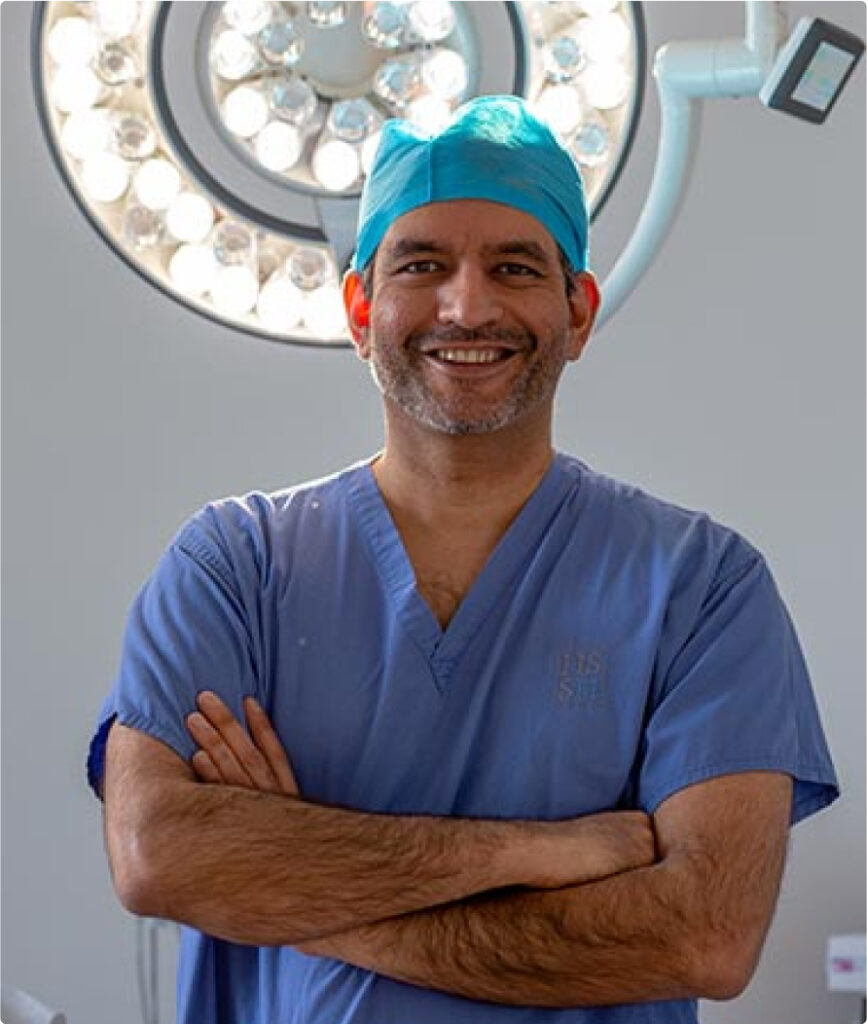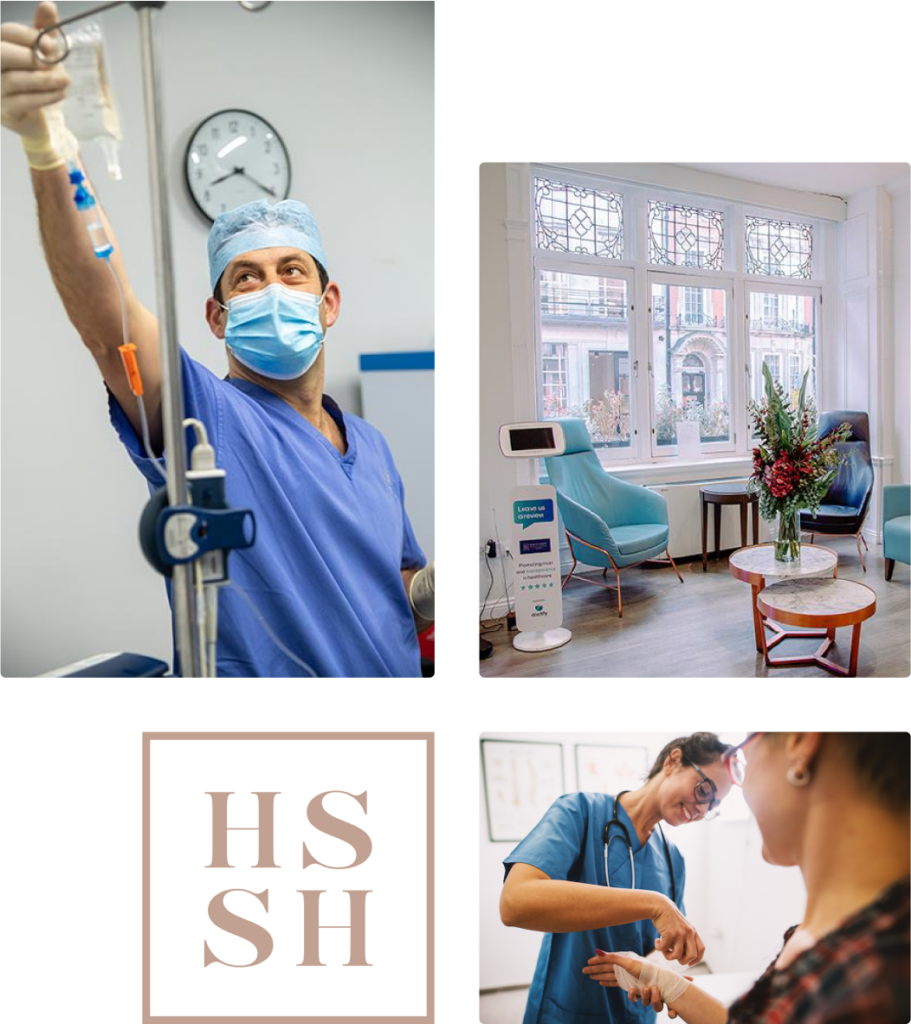Award winning Specialist
Wisdom Teeth Removal London
Wisdom teeth removal is a popular procedure at our private dental clinic in central London. One of the most common oral and maxillofacial surgery procedures, removing your wisdom teeth can eliminate pain in your jaw, leaving you with a better quality of life. As well as extracting fully erupted wisdom teeth, we offer impacted wisdom teeth removal to ensure your mouth is healthy and pain-free. Learn all about wisdom teeth removal at Harley Street Specialist Hospital below.


























